- Home
- Health Condition
Medicine For Vertigo
Medicine For Vertigo
- Total Items (189)
 RX
RXVertin 16 Tablet 15's
₹354.20
MRP ₹393.50
10% off
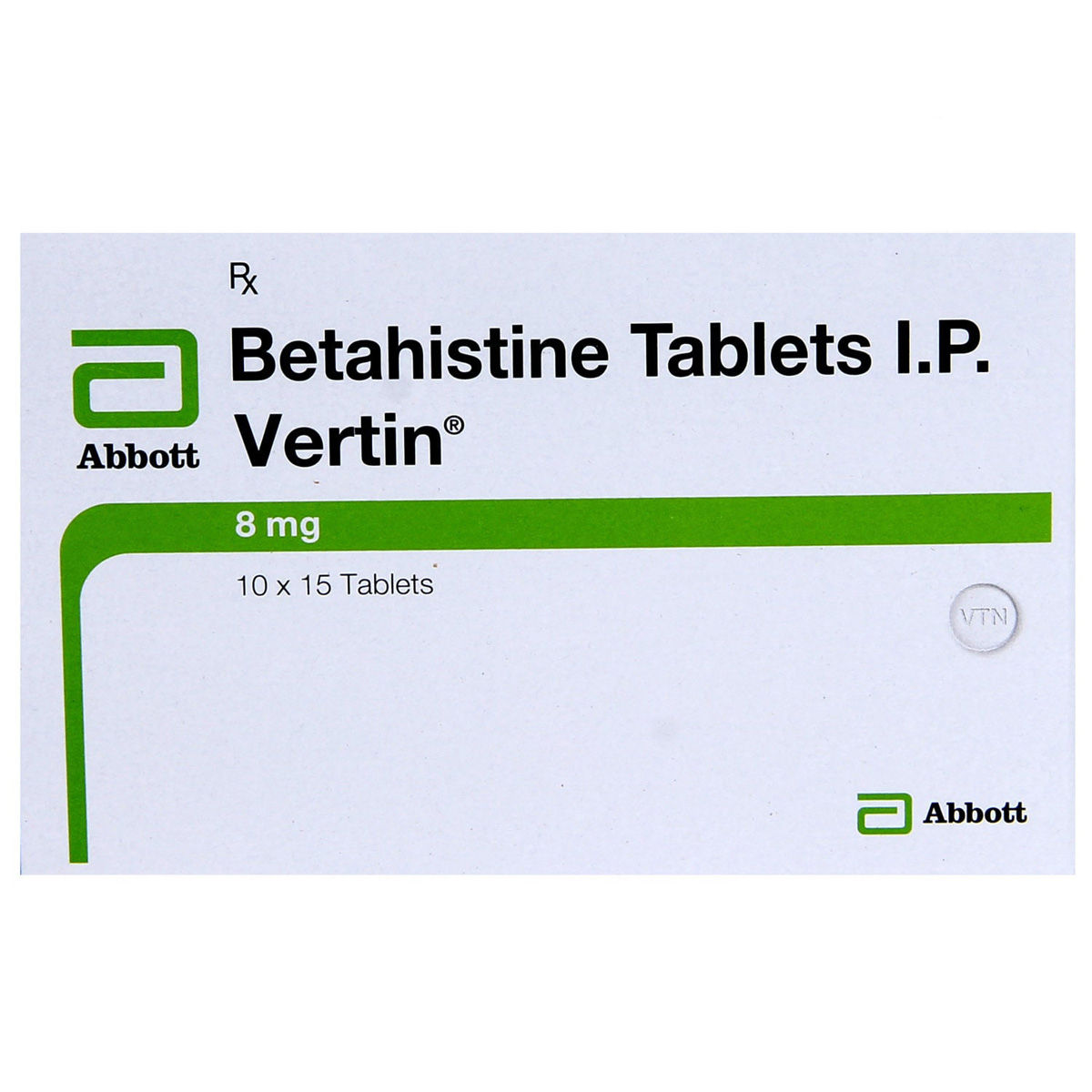 RX
RXVertin 8 mg Tablet 15's
₹192.20
MRP ₹213.50
10% off
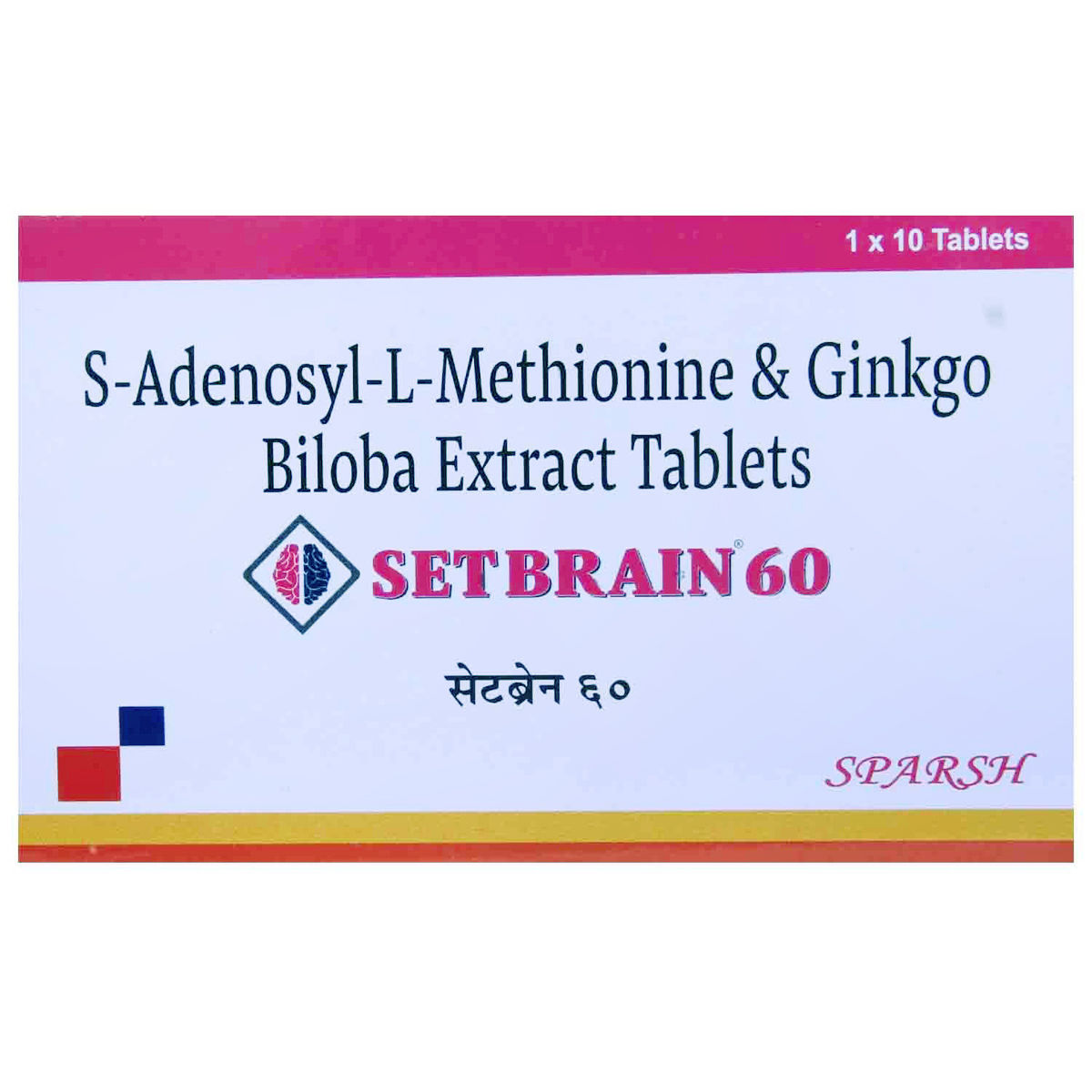
Setbrain 60 Tablet 10's
₹307.10
MRP ₹349
12% off
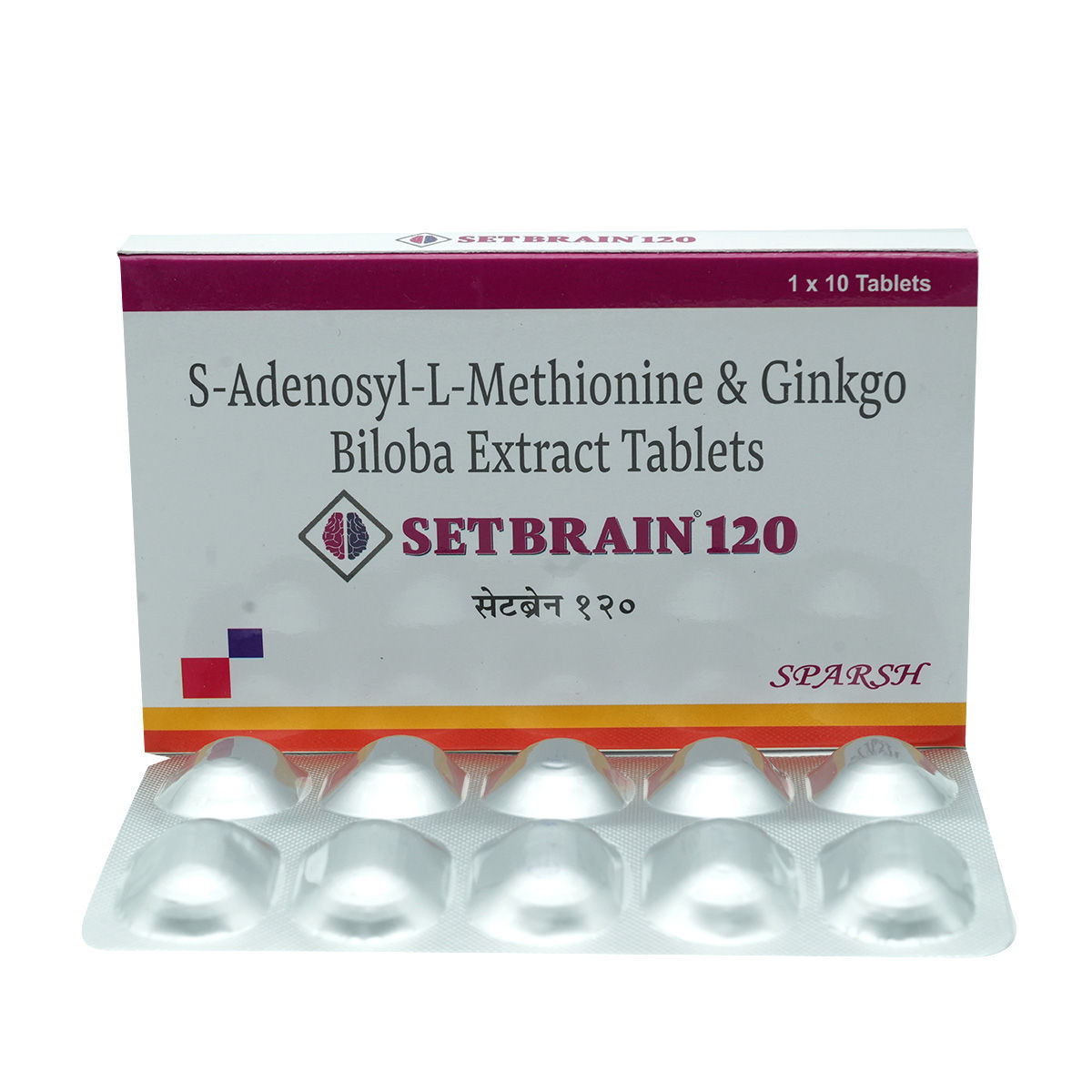
Setbrain 120 Tablet 10's
₹571.10
MRP ₹649
12% off
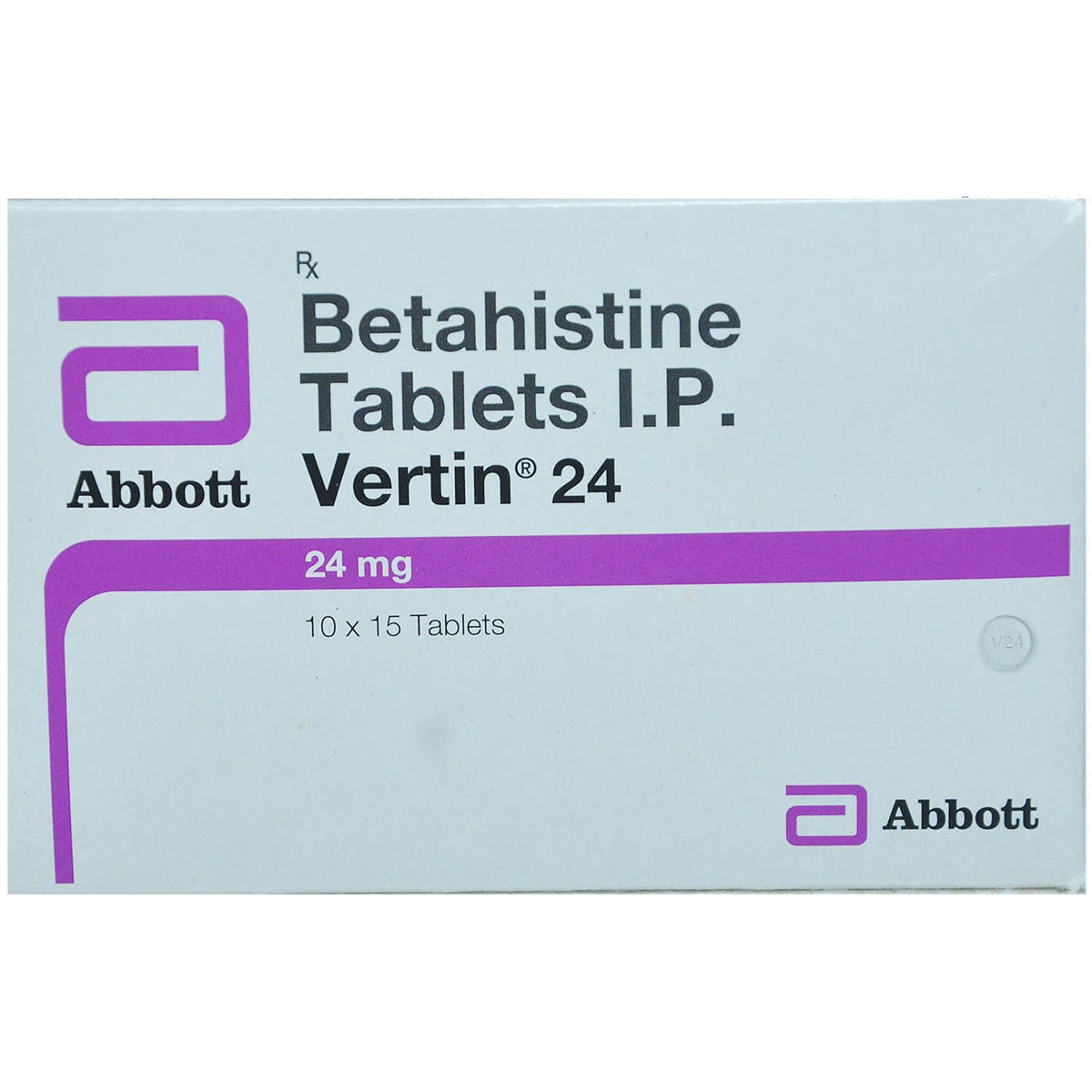 RX
RXVertin 24 Tablet 15's
₹508.50
MRP ₹565
10% off
 RX
RXTebokan Forte Tablet 15's
₹514.40
MRP ₹571.50
10% off
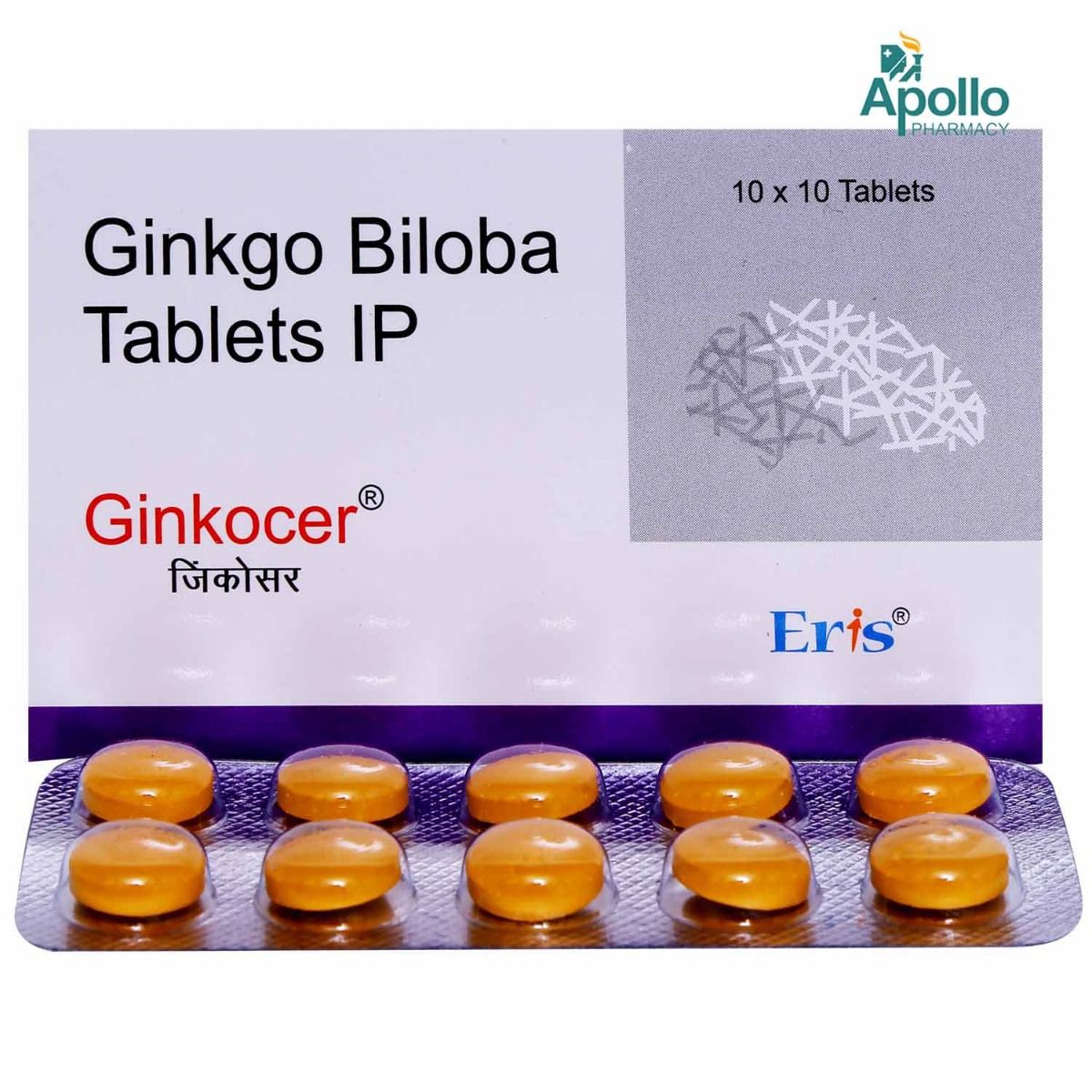
Ginkocer Tablet 10's
₹253.40
MRP ₹281.50
10% off
 RX
RXSpinfree Tablet 15's
₹189
MRP ₹210
10% off
 RX
RXStugeron Tablet 25's
₹258.30
MRP ₹287
10% off
 RX
RXStugeron Forte Tablet 20's
₹555.30
MRP ₹617
10% off
 RX
RXBetavert OD 24 Tablet 10's
₹243
MRP ₹270
10% off
 RX
RXStugeron Plus Tablet 10's
₹181.80
MRP ₹202
10% off
 RX
RXZevert MD 16 Tablet 15's
₹270.90
MRP ₹301
10% off
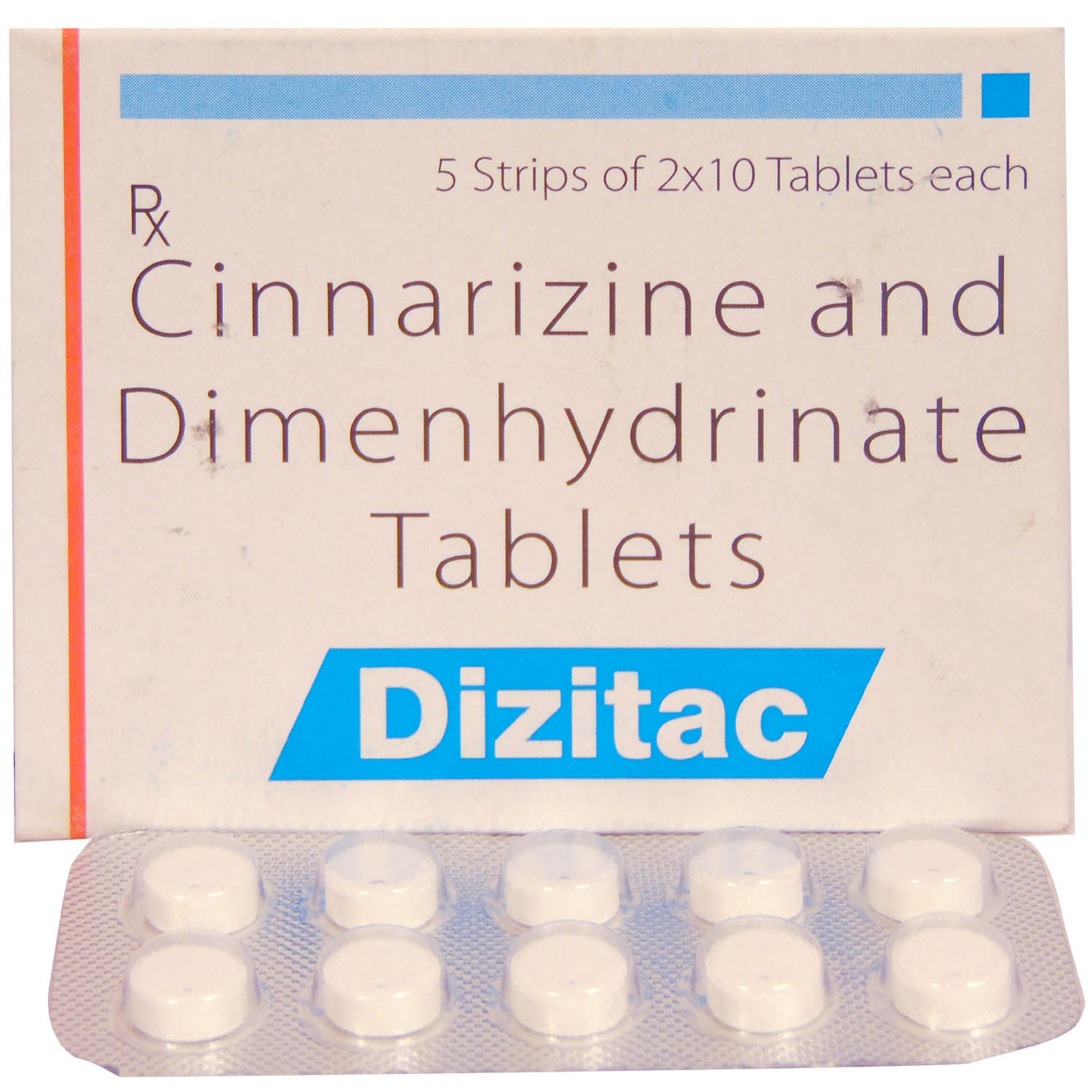 RX
RXDizitac Tablet 10's
₹135
MRP ₹150
10% off
 RX
RXVertizac Tablet 15's
₹189
MRP ₹210
10% off
 RX
RXDiligan-25 Tablet 15's
₹228.60
MRP ₹254
10% off
 RX
RXBetavert 24 Tablet 10's
₹226.80
MRP ₹252
10% off
 RX
RXBetavert OD 48 Tablet 10's
₹340.20
MRP ₹378
10% off
 RX
RXVertin OD 48 mg Tablet 7's
₹838.90
MRP ₹932
10% off
 RX
RXVertin OD 24 Tablet 7's
₹232.20
MRP ₹258
10% off
 RX
RXZevert MD 24 Tablet 15's
₹344.70
MRP ₹383
10% off
 RX
RXZevert SR 24 Tablet 14's
₹242.60
MRP ₹269.50
10% off
 RX
RXStugil Tablet 10's
₹172.40
MRP ₹191.50
10% off
 RX
RXDiziron Tablet 20's
₹178.20
MRP ₹198
10% off
Medicine for Vertigo
Vertigo is a common condition that makes you feel like you or the world around you is spinning or moving, even when you're not. It can be caused by different things, like problems with the inner ear, brain, or the part of your body that controls balance. While vertigo isn’t a disease itself, it’s usually a sign of another issue. It can be very uncomfortable and make it hard to do everyday tasks.
If you're dealing with vertigo, knowing what treatments are available is important. The good news is that there are several medicines that can help ease the symptoms and improve your quality of life.
Types of Medicine for Vertigo
There are several types of medications used to treat vertigo, depending on the underlying cause and the severity of symptoms. These medications can be broadly classified into the following categories:
1.Antihistamines
Antihistamines are commonly used to relieve symptoms of vertigo, particularly when the condition is caused by inner ear issues such as benign paroxysmal positional vertigo (BPPV). These medications work by blocking histamine receptors in the brain, which can help reduce the sensation of dizziness and nausea.
Common Antihistamines for Vertigo:
- Meclizine
- Dimenhydrinate
- Promethazine
2.Anticholinergics
These medications block acetylcholine, a neurotransmitter involved in transmitting signals related to balance. They are often prescribed to treat vertigo that arises from conditions like Meniere's disease. By reducing the activity of the inner ear, anticholinergics can decrease the severity of vertigo symptoms.
Common Anticholinergics for Vertigo:
- Scopolamine
- Hyoscine
3.Benzodiazepines
Benzodiazepines are sometimes used as a short-term medicine for vertigo when other medications are ineffective. They work by calming the nervous system and reducing anxiety, which can sometimes accompany the feeling of dizziness.
Common Benzodiazepines for Vertigo:
- Diazepam
- Lorazepam
4.Corticosteroids
In some cases of vertigo, particularly when it is caused by inflammation or swelling of the inner ear or vestibular nerve, corticosteroids can be effective in reducing inflammation and easing symptoms. They may be used as part of a treatment plan for conditions like vestibular neuritis or labyrinthitis.
Common Corticosteroids for Vertigo:
- Prednisolone
- Dexamethasone
5.Diuretics
For people suffering from Meniere's disease, diuretics are often prescribed to help reduce fluid buildup in the inner ear. This helps decrease the pressure that can lead to vertigo and other symptoms such as hearing loss and tinnitus.
Common Diuretics for Vertigo:
- Acetazolamide
- Hydrochlorothiazide
Benefits of Using Medicine for Vertigo
The main benefit of taking medication for vertigo is that it helps relieve the symptoms. Depending on what's causing the vertigo, the right medicine can reduce dizziness, stop nausea, and help you feel more balanced. Here are some of the key benefits:
- Reduction in dizziness and spinning sensations: Medications can alleviate the feeling of spinning or swaying that is characteristic of vertigo, making it easier for patients to function normally.
- Prevention of nausea and vomiting: Vertigo is often accompanied by nausea, which can lead to vomiting. Antihistamines and other medications can help reduce this uncomfortable side effect.
- Better balance: Some medicines can help fix the underlying problems causing vertigo, making it easier to stay balanced.
- Fewer vertigo episodes: If you have recurring vertigo, medication may help reduce how often it happens and improve long-term results.
It’s important to remember that while medications can help manage the symptoms, they might not always fix the root cause of vertigo. For ongoing or severe cases, a complete treatment plan that includes things like physical therapy, changes to your lifestyle, and other treatments might be needed.
Dosage & Usage Instructions of Medicine for Vertigo
The correct dosage and usage of medications for vertigo depend on the type of medicine, the underlying condition, and the severity of symptoms. Here are some general guidelines:
- Antihistamines (Meclizine, Dimenhydrinate): Typically taken as tablets or oral solutions. The usual dosage is one tablet (25-50 mg) once or twice a day, depending on the severity of the symptoms. It’s important to take these medicines with food to avoid stomach upset.
- Anticholinergics (Scopolamine): Scopolamine is commonly administered as a patch worn behind the ear. The patch should be applied at least 4 hours before exposure to vertigo symptoms, and it usually lasts for 3 days.
- Benzodiazepines (Diazepam, Lorazepam): These medications are usually prescribed for short-term use. The typical dose for diazepam is 2-10 mg, taken once or twice a day as needed, depending on the severity of symptoms.
- Corticosteroids (Prednisolone, Dexamethasone): These are typically taken orally in tapering doses, starting with a higher dose and gradually reducing over several weeks. The specific dosage will depend on the condition being treated and should always be determined by a healthcare professional.
- Diuretics (Acetazolamide, Hydrochlorothiazide): Diuretics are usually taken once a day. The dosage can vary depending on the condition, but it is typically between 250 mg and 1000 mg per day. Regular blood tests may be needed to monitor for side effects like electrolyte imbalance.
It’s important to follow your healthcare provider’s instructions and not to adjust dosages without consulting them first. Overuse or improper use of medications can lead to side effects or worsen your condition.
Buy Medicine for Vertigo Online at Apollo 24|7
If you're looking to buy medicine for vertigo, you can conveniently do so online through platforms like Apollo 24|7. Their online pharmacy offers a wide range of vertigo medications, allowing you to order medications from the comfort of your home. Whether you're seeking prescription or over-the-counter medicines, Apollo 24|7 provides a reliable service for delivering your medications on time.
Frequently asked questions
The most commonly prescribed medicine for vertigo is meclizine, an antihistamine that helps relieve dizziness and nausea.
The time it takes for vertigo medications to work can vary. Some people experience relief within 30 minutes, while others may need to take the medication regularly for several days.
Long-term use of any medicine for vertigo should be closely monitored by a healthcare provider. Some medications, especially benzodiazepines, are only recommended for short-term use due to potential side effects.
Common side effects of medicine for vertigo include drowsiness, dry mouth, and blurred vision. Always consult with a healthcare provider if you experience any concerning side effects.
Depending on the underlying cause, vertigo can sometimes be managed with physical therapy (such as vestibular rehabilitation), lifestyle changes, and balance exercises. Always discuss alternatives with your doctor.
